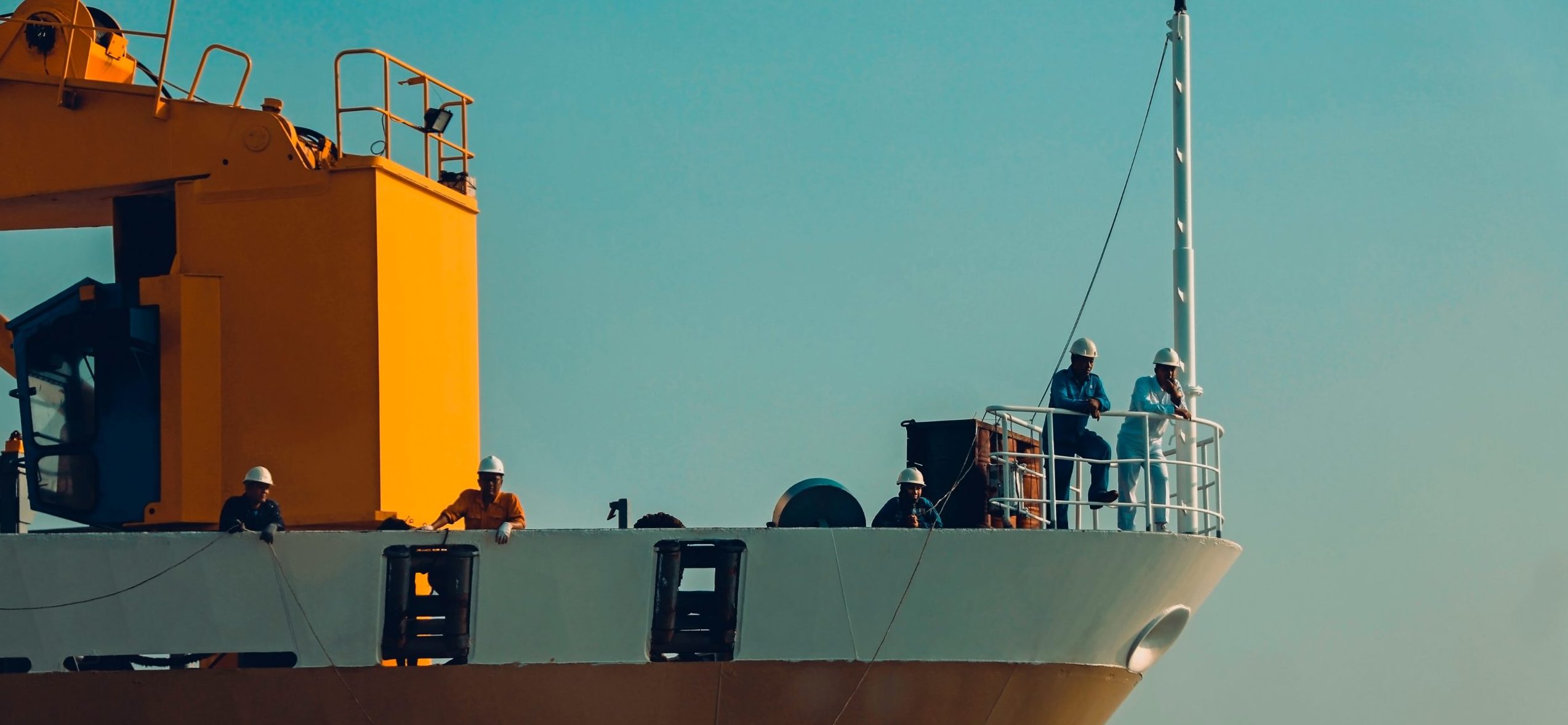Shared from Riviera Maritime Media:
Seafarer employment agencies are stressing the importance of updating best practice and benchmarking pay and benefits to help retain crew and shore staff.
Key issues to help retain crew and shore staff were explored in the Tanker Shipping & Trade webinar: Training, retaining and recruiting tanker crew, post-COVID, which was sponsored by maritime recruitment specialists, Spinnaker.
Spinnaker is an employment agency guided by chairman Phil Parry, who describes its purpose as filling roles for those that wear suits in shipping. Since 2003, Spinnaker has been benchmarking shore-based salaries and runs the Maritime HR Association, which has almost 100 shipowners, shipmanagers, oil companies, and commodity groups as members.
This service has been extended to benchmarking crew salaries and in the tanker sector this covers 74 nationalities across 47 different seafaring roles from 47 different companies. “Benchmarking enables people to understand how to plan budgets and demonstrate to their staff, and to their staff’s unions, that they are paying fairly,” explained Mr Parry.
He added: “Benchmarking is not necessarily about paying the most, or paying the least. It is enabling people to understand where they are paying relative to the marketplace.”
Spinnaker also set up the Seafarers Employers’ Association in 2017, and as part of providing information and commonality, the company developed Daily Wage Cost Reports. This is the daily wage cost of filling a berth, and this enables a shipowner or manager to multiply up to month or annual, for the metric required.
Analysing the data at Spinnaker is reward manager Sandra Briegoos, who highlighted some key numbers. Spinnaker data shows that since 2017 there has been a 2% to 7% increase in pay for senior officers on chemical, crude oil and product tankers, compared to a 3% to 6% increase for those in the bulk sector. Spinnaker also noted that the majority of companies review pay annually.
Ms Briegoos said: “Pay is only one component of it. And we poll our members on information of what produces the package. We gather information on such things as pensions, training, education, and that information is readily available to our members so that they can see what other members in the market are offering their seafarers.”
Interorient Ship Management’s group fleet personnel manager, Mark Parrotte, examined the practical impact of the Covid-19 pandemic on seafarers in the tanker sector. He noted that quarantine and vaccination compliance with national and local travel restrictions is still the main issue and that the pandemic is far from over.

